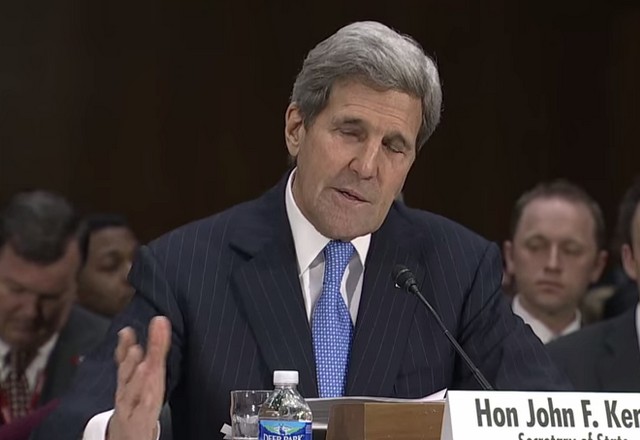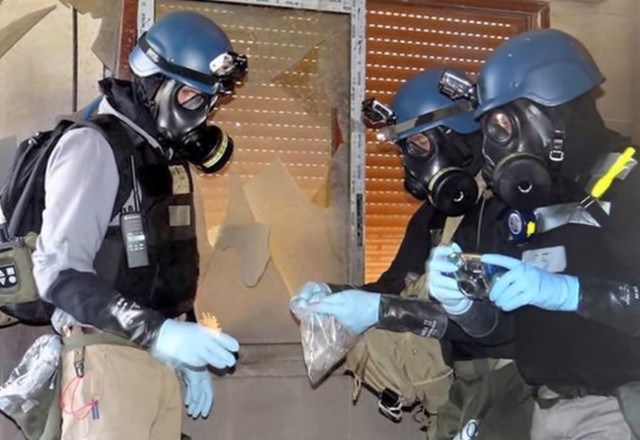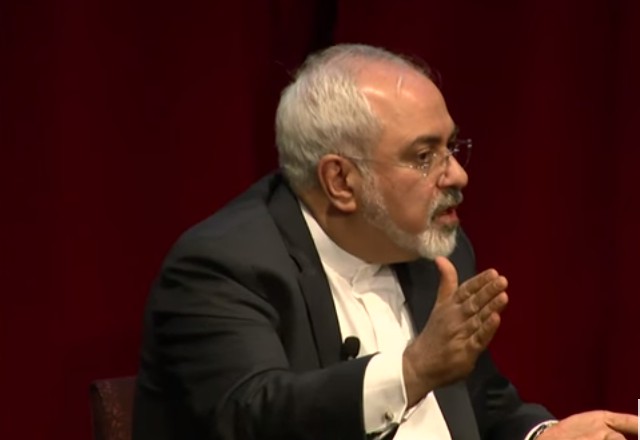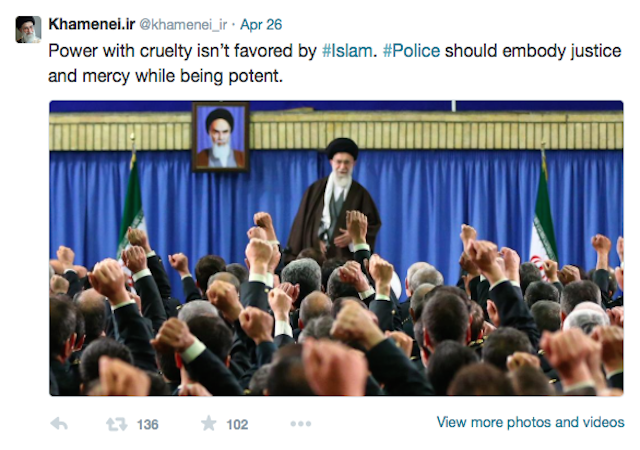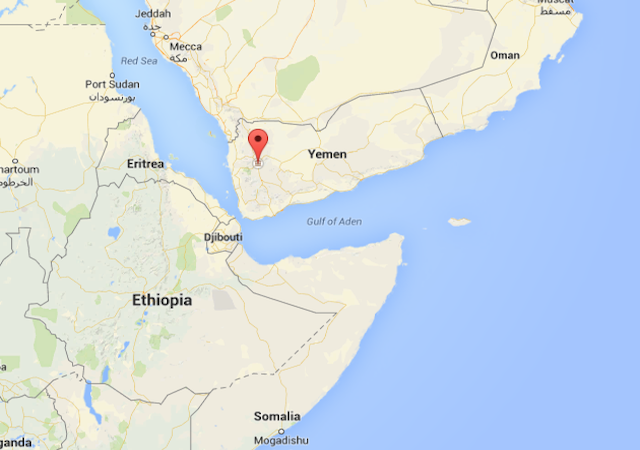Conservatives on Campus “have to be smarter, better prepared”
on May 17, 2015
11 Comments
I appeared on Saturday, May 16, 2015, on The Craig Silverman Show on 710 KNUS in Aurora, Colorado.
The conversation covered my background, what it means to be a conservative on campus, the anti-Israel boycott movement, the Pope on a Palestinian "state," the Pew Poll on Christians, and the fate of Christians in the Middle East.
On Ted Cruz at Harvard Law School:
"When you're going to be political at a place like Harvard Law School, you have to be better than everybody else if you're a conservative. You have to be smarter, you have to be more well-read, you have to be better-prepared, because it's you against a lot of people. And certainly he wouldn't have been the only conservative at Harvard Law School, but he would have been in a severe minority. And when you're in that situation, you have to be better. And that's what I see with a lot of politically active conservative students on campus... [Cruz] had to sharpen his skills because he's basically arguing with everybody or almost everybody. Whereas if you're in a liberal position at a school most people agree with you, you don't need to sharpen your skills and you don't get tested the way you do if you're a conservative."On the anti-Israel boycott movement:
"We're dealing with people who really are just outright liars. And I say that all the time because that's what they are. And they just make stuff up, they twist facts, they ignore facts."On Israeli-Palestinian negotiations:




